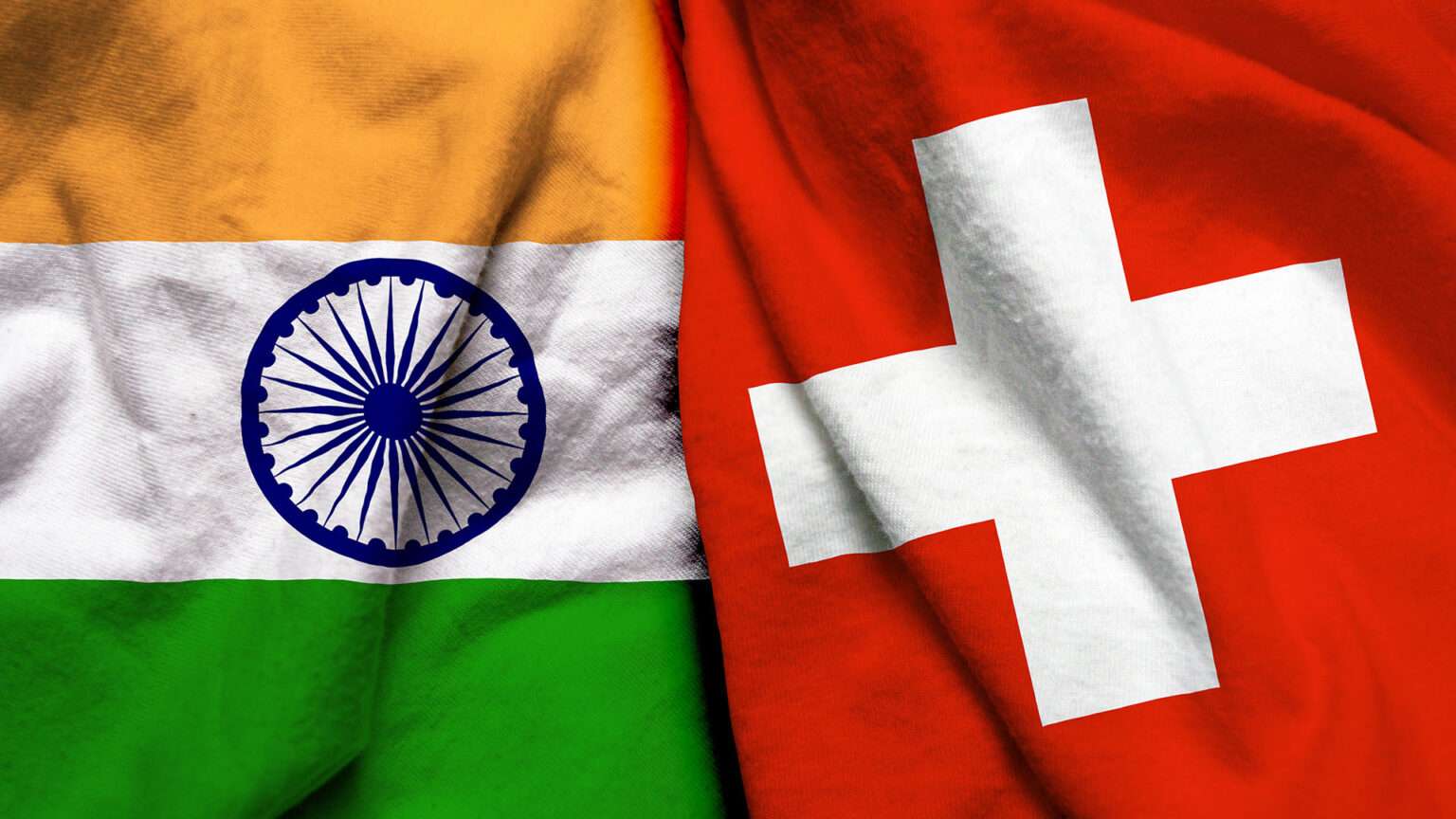These days, Economic partnerships are not volume-driven or geography-based but constructed on vision, innovation clusters and strategic vision. Recently, India’s Union Commerce and Industry Minister Piyush Goyal visited Switzerland. Marking it as a milestone in the India-Switzerland economic partnership. Under the Trade and Commercial Partnership Agreement (TEPA), between India and the European Free Trade Association (EFTA), the visit shapes the future of Indo-Swiss collaboration rather than only increasing commercial connections.
Neutral Trust And its History
Switzerland and India have enjoyed cordial economic and diplomatic relations for many decades. Switzerland was among the earliest to sign a friendship agreement with free India in 1948. This relationship increased incrementally but quietly over the years through Swiss investment in India’s pharma, finance, engineering and precision instruments sectors.
While Switzerland excels in innovations, stability, and quality manufacturing, India boasts a huge consumer population, an educated workforce, and an improved business climate. Now, with TEPA, this union is emerging as a trade and investment fast track as well as an exchange partner for knowledge.
Present: TEPA as the Engagement Engine
Minister Piyush Goyal’s engagements in Bern with Swiss industrial leaders on June 9, 2025, brought this transformation to the forefront. Biotech, precision engineering, defence, healthcare, and advanced materials, with a strong emphasis on technology transfer, suitable manufacturing, and regulatory harmonizing, were the topics discussed during the convention.
India is not merely an investment destination; it catalyzes global expansion. Indian leaders desired to encourage Swiss companies to view India as a Central centre for talent, research and development. This was Minister Goyal’s clear message.
India invited Switzerland to use Invest India’s dedicated EFTA Desk. The desk facilitates quick clearances, market access and joint ventures. They discussed about the options that focused on the future and include a varied range of various industries, from fibre optics and AI-based automation to cell research and digital health.
Economic Ties: Drivers of Diplomacy
Switzerland has been a consistent top 10 foreign direct investor in India. Two-way trade in early 2025 stands at over $18 billion. Indian exports include pharmaceuticals, gems and jewellery, machinery and chemicals, while Swiss imports include precision instruments, watches, medical equipment and high-tech components.
The giant Swiss companies such as Novartis, Nestlé, ABB and Roche have had a long-standing presence in India. Others, biotech, aerospace, clean tech, and fintech, are now seeking to join hands with Indian companies to localise production, for co-developing competitive products, and tap into India’s low-cost model of innovation.
Future Trajectory: Strategic Synergies and Global Value Chains
The tone from the Bern roundtables is that this is not just a matter of increasing bilateral trade, but it’s a matter of integrating India into Swiss industry value chains. Some Swiss companies showed an interest in setting up R&D hubs in India and co-developing Indian and global market products.
India’s development as a manufacturing and innovation hub is well complemented by the Swiss advantages in design, automation and sustainability. Post-pandemic recovery of European value chains and diversification from China have also added to India’s strategic value in Swiss planning. With mutual recognition agreements in the pipeline and regulatory harmonisation firmly on the agenda, one can anticipate that non-tariff barriers also will fall, paving the way for new defence technology, space cooperation, cybersecurity, and renewable energy opportunities.
Worldwide Implications: A Microcosm of Emerging Economic Alliances
The India-Switzerland equation is symptomatic of the broader shift in the economic partnerships of the world, where value creation over volume and complementarity over competition is the norm of the times. This partnership illustrates how a high-income innovation-based economy like Switzerland and a fast-expanding, democratic emerging economy like India can form a win-win, future-proof partnership. Their alignment is a model for balancing equity and efficiency, growth and sustainability and innovation and affordability.
With the international world of geopolitics growing more unstable and the old trade blocs on the brink of exhaustion and fatigue, it is extremely likely that bilateral relationships like that of India and Switzerland will be central to forming and shaping a future wave of global economic growth and activity.
The Power of Collaboration Giving Rise to New Opportunities
It’s more than a diplomatic norm that Minister Goyal’s visit sets the tone for India to be in partnership with its partners and not merely to receive investments or export talent. With TEPA as the instrument and shared aspiration as the driving force, the India-Switzerland relationship is now ready to shift from transactional to transformative.

